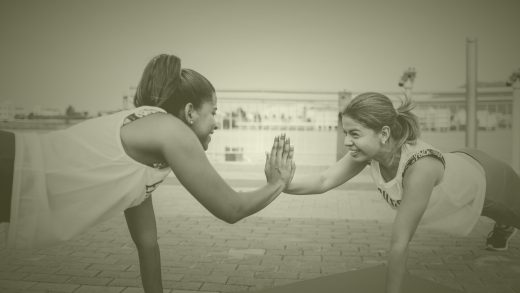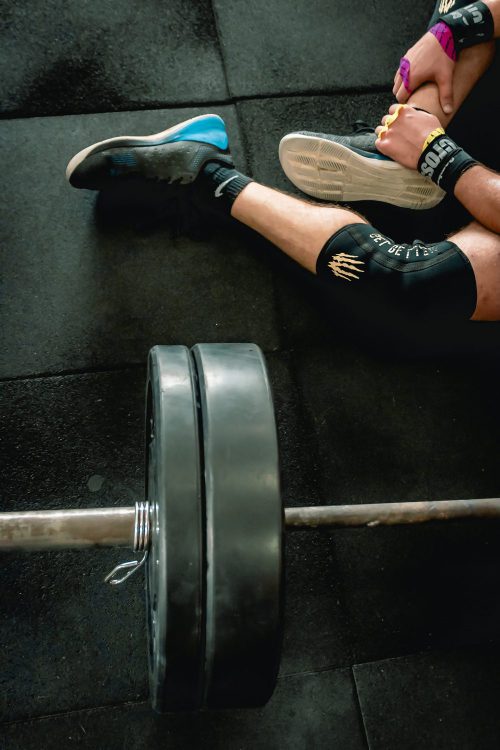In my work as a sports physiotherapist, I get questions like: I hear from fellow athletes I need a TENS machine to recover better. Others will ask me does an ice bath help me recover better? So what is the best recovery strategy after a hard workout?
Ice baths
This is one of the big trends going on right now. However the literature is not so optimistic on this topic. There is no supporting evidence that Ice baths or cold water immersion have any benefits on inflammatory or cellular response after a workout [1,2]. There is however a paper on the effects of cold water immersion on a group of rugby players[3]. They looked at the effects of ice baths in between games. They saw a difference in performance with the control group between 2- and 6%. However the sample size was only 8 players in each group.
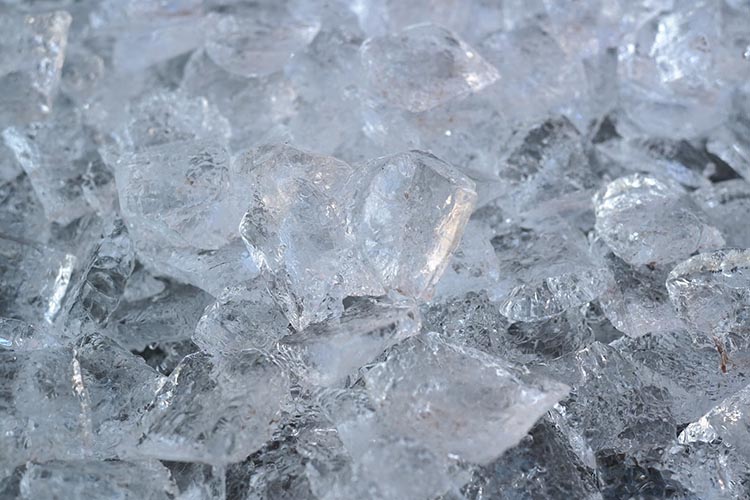
Although we cannot justify the use of ice baths / cold water immersion for pre- season heavy workouts. Performance studies like the one from Higgens et. al. [3] show positive effects on team performance. Moreover the study of Crystal NJ. et al [2] write in their conclusion that cold water immersion might be useful for those who are in a tournament setting or have many games in a short period of time.
Foam rolling
Every gym has a foam roller and many individual athletes own one. Endlessly rolling over a tube. It’s like a massage with a round brick. It hurts and at the least not comfortable. It is done pre- and post workout, but is it worth your while? A systematic review done by Wiewelhove T et al. [4] looked at 21 studies done on foam rolling. 7 of those studies looked at post workout rolling and 14 on pre workout rolling. They conclude that the effects of foam rolling are minor and partly negligible. Although it might have it’s effects on mobility and sprint/ jump performances when used pre workout, it is not recommended as a recovery tool.
Good old stretching
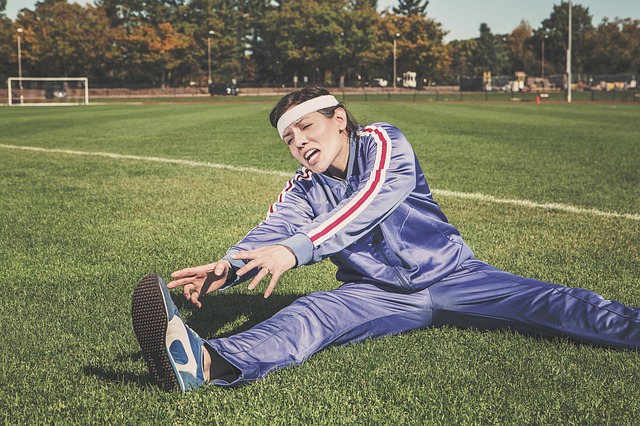
Stretching, we probably all did it or still do it. There are many opinions on wether to stretch or not to stretch. In the literature, you can find both good and bad things on stretching. In sports where we need mobility it is good to warm the muscles up for a specific movement. Active stretching seems to have a better outcome in this that static stretching. As this is a post on recovery, we’ll look into the effects on recovery. A review done by Sands Wa. et. al.[5] state that although cooling down rituals as well as after match or workout stretching is incorporated in many sports. However this does not mean it is necessary. Using stretching after a workout might be harmful when it is painful or overdone.
However a meta analysis of 12 papers found a significant reduction of muscle soreness when stretching was applied. The effects were 1-3 points, sadly on a 0-100 scale. So, although this was significant, it is not relevant.
Mobility work is important, but dynamic stretching have better outcomes than static. In sports where mobility is needed like weightlifting, gymnastics or Crossfit. Dynamic mobility work should be recommended instead of static stretching.
Massage
Aah massage. After everything we have done so far. Please tell me that this actually works and I can justify being relaxed and having my back rubbed.
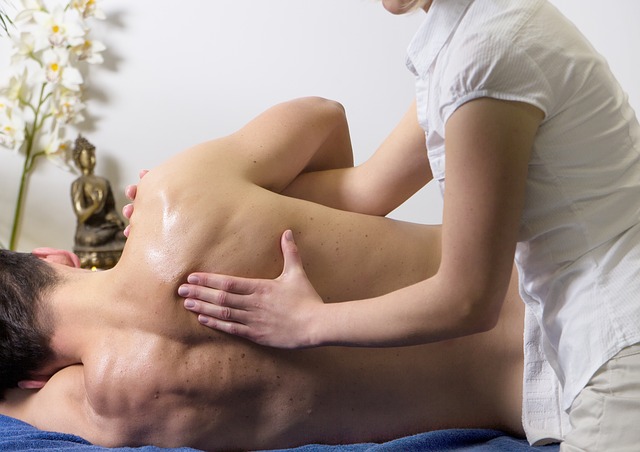
I am very sorry to tell you, but it appears to only have a very short effect. Directly after the massage. There appear to be some changes on a cellular level. However this is not monitored in performance or self reported stiffness or pain[6].
Note: The effect searched for here is post workout recovery. It is not the say that massage is not helpful in other circumstances.
So What is the best recovery strategy?
So after all that does not work, or minimally works. Is there nothing that will aid us in our recovery? YES there is. It is free, everybody can do it, it is easy to do, but as a lot of things hard to do well.
Sleep is the most important tool to recover after a hard workout or hard fought game. However it is common in our society to be sleep deprived. In my experience people seek out tools to make up for their lack in other areas. The fact is that you cannot make up for your lack of sleep by doing other forms of recovery that have incremental effect. If you are a top level athlete these small effects might matter, but they better make sure that their sleep and diet etc. are in order. For most of us common people this is not the case.
What the perfect amount of sleep is, varies between persons. However 7-8 hours seems to be a minimum. There is a small % of the population that do not need as much and get a way with 4-6 hours of sleep. Now before you claim that you are one of those people, you are most likely not.
Acknowledgements:
This blog is inspired partly because of what athletes ask me, but for a great part by the BJSM podcast with Christie Aschwanden. If you would like to know more on the topic recovery in sports. I recommend the podcast by clicking HERE. She also wrote a book about the science of recovery, where she covers a lot more recovery methods. So if your kind of recovery tool was not mentioned here, don’t worry she has something to say about it.
References
- Allen R and Mawhinney C: Is the ice bath finally melting? Cold water immersion is no greater than active recovery upon local and systemic inflammatory cellular stress in humans. J. Physiol. 2017 Mar 15; 596(6): 1857-1858.
- Crystal NJ, Townson DH, Cook SB and LaRoche DP. Effect of cryotherapy on muscle recovery and inflammation following a bout of damaging exercise. European Journal of Applied Physiology 2013 October; 113, (10) pp 2577–2586
- Higgins T, Cameron M. and Climstein M.:Evaluation of passive recovery, cold water immersion, and contrast baths for recovery, as measured by game performances markers, between two simulated games of rugby union. J. strength cond. and research. 2012, jun 11.
- Wiewelhove T, Doweling A, Schneider C, Hottenrott L, Meyer T…… and Ferrauti A: A Meta-Analysis of the Effects of Foam Rolling on Performance and Recovery. Front Physiol. 2019 Apr 9;10:376
- Sands WA, McNeal JR, Murray SR, Ramsey MW, Sato K, Mizuguchi
S & Stone MH: Stretching and Its Effects on Recovery: A Review. J. Strength and cond. 2013 oct.(5);35 pp: 30-36 - Best TM & Crawford SK. Massage and postexercise recovery: the science is emerging: Br. j. Sports med. 2017 oct; 51(19):1386-1387


